Tech Trends That Will Make Their Way Into Cars by 2020

Flying cars may not be in everyone’s home just yet, but cars of the future will be making some pretty astounding technological advancements. Touchscreens and smartphones will integrate their way into your dashboard, cars will be able to talk to each other, and self-driving cars are slowly becoming a reality.
What are some other trends we can expect by 2020? Here are a few predictions.
Google and Apple
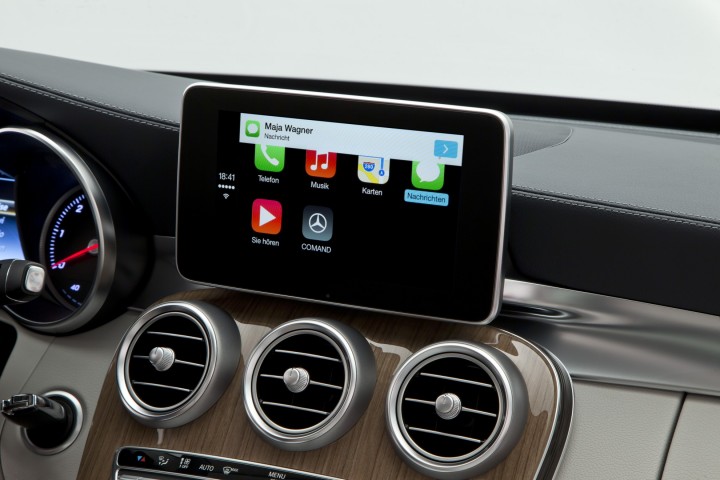
You don’t have to keep asking. Yes, 2016 will be the year you’ll be able to access apps on the go. And by 2020, smartphones will have full integration capability.
The idea behind these systems is to sync your smartphone with your car so you don’t have to look at your phone while driving. Apps change to fit the car’s interface, and most become voice-compatible.
A number of auto manufacturers will support both Apple’s Carplay and Android’s Auto, including Ford, VW, and Volvo. There will also be tons of aftermarket head units, so you can upgrade your car to support the technology.
Touchscreen and Gesture Control
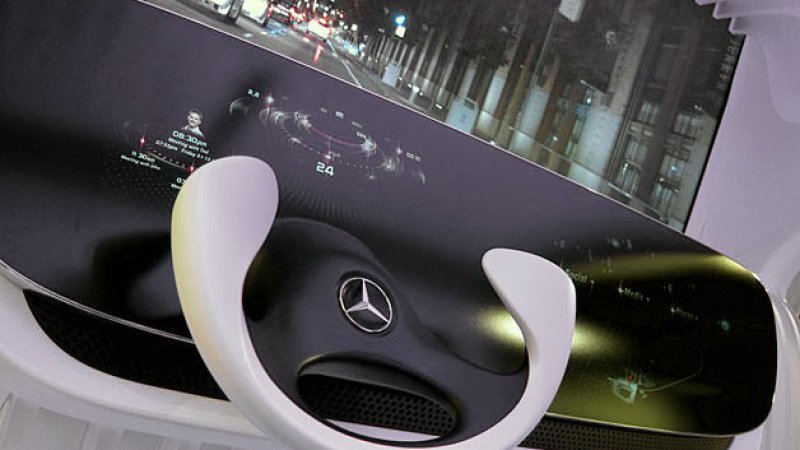
By 2020, you’ll be able to have virtually seamless interactions with your car. In its e-Golf Touch, Volkswagen debuted a 9.2-inch touchscreen, which replaces every knob and button on the dash except the volume knob.
All inputs are made using the touchscreen, and you can even make a swiping left or right hand motion to skip songs or change the station. It also comes with voice control features, much like saying “Ok Google.” These will become even more advanced in time.
In 2017, Mercedes-Benz will roll out a new infotainment system on their E-Class. It will have two 12-inch displays that sit side by side. On the left, driving information is shown. On the right, navigation, audio and applications are displayed. As if that wasn’t enough, the steering wheel will have its own touch pad.
Electrics and Hybrids
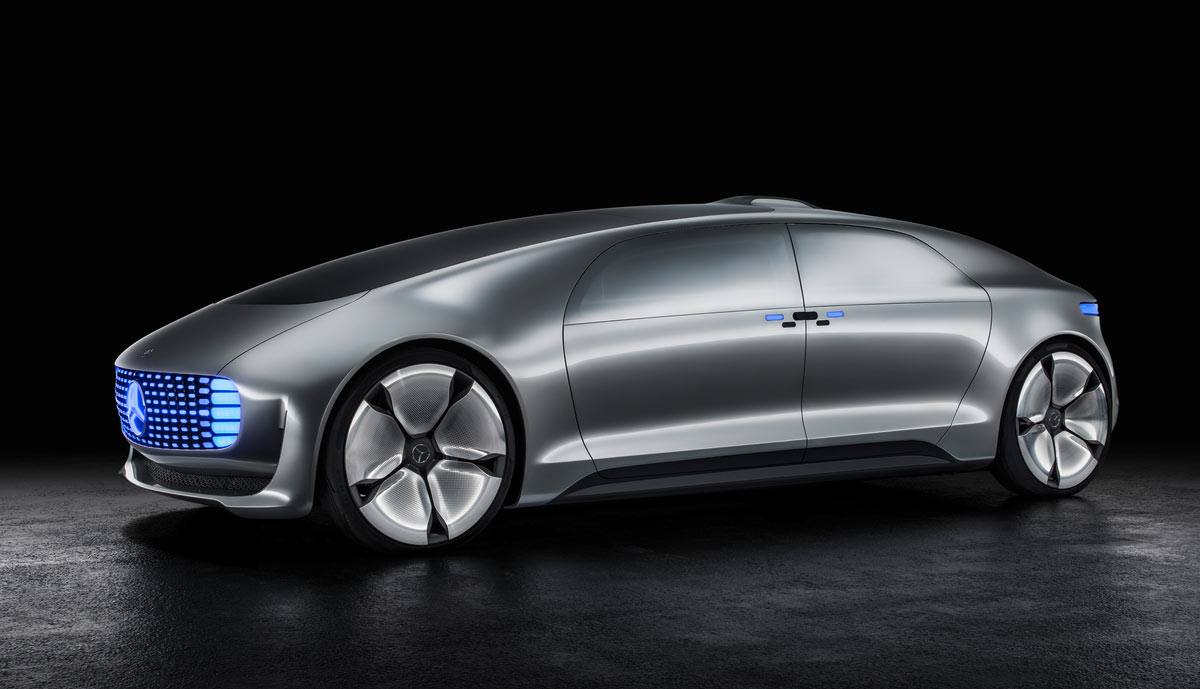
Electric cars have been around for a few years now, and we’ve learned some important lessons along the way. Chevrolet has taken what it’s learned from the Volt and Spark and poured it all into the new Bolt, scheduled for 2017.
The range, 200 miles, will be more than double its main competitor, the Nissan Leaf. The battery will charge in a little over an hour. Its customizable 10.2-inch touchscreen will feature navigation that can guide you to the nearest charging station or maximize your range.
Of course, hybrids will remain a staple of future cars. Hybrids keep emissions down and improve performance. Many car manufacturers have already outfitted their vehicles with hybrid technology, from hypercars to SUVs. Showrooms and roads will be overflowing with hybrids come 2020.
Car Talk
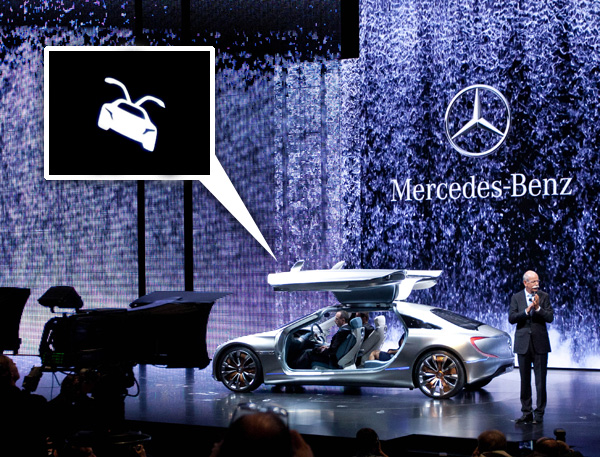
Mercedes-Benz, BMW, and Volvo are all testing systems that will allow cars to communicate with each other and their surroundings. Using NFC chips and SIM cards, cars will be able to spot dangerous situations before the driver can.
This potential technology has been dubbed Car-to-X. It will be a cloud-based system that anyone can use. It will work especially well in situations where accidents have occurred. A car passing by a hazard can send out a distress beacon, which will alert other cars in the area.
Die-Casting
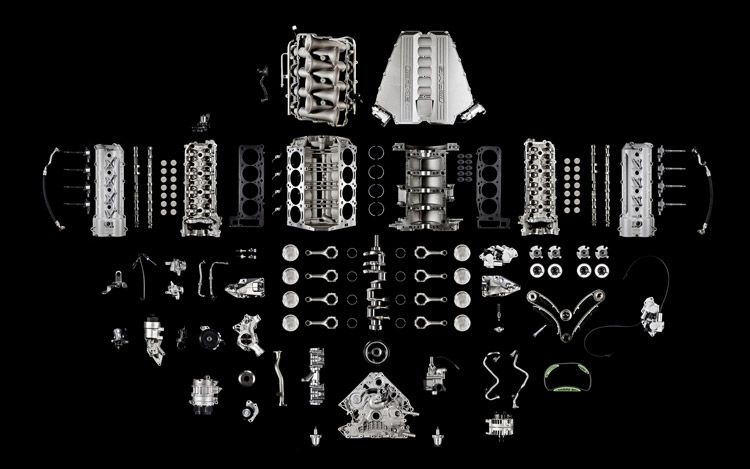
An improved version of the die-casting process, which has been perfected to make car parts, will be used to build the next-gen machines. Die-casting makes producing many different types of components quicker and cheaper, which means both the manufacturer and consumer will benefit.
The process involves using dies at high pressure to mold molten metal into a shape. The money auto manufacturers spend on the die-casting process is expected to rise significantly by 2020.
Self-Driving Cars
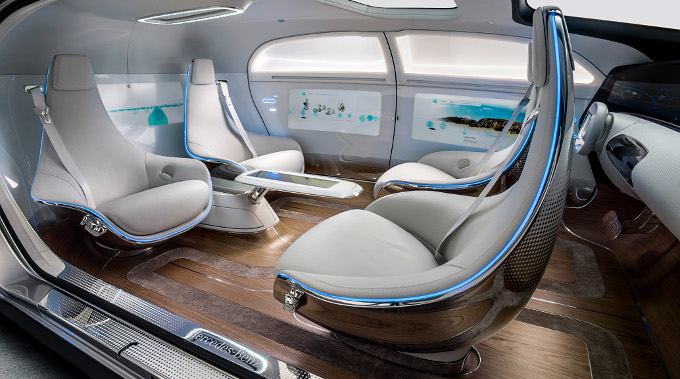
This one is perhaps the farthest off, as cars will have to navigate through all driving situations to be considered fully autonomous. Still, several companies are inching closer to this goal.
Google, for example, has created self-driving cars that require the presence of a driver, but can take you safely from one location to another. They drive slowly, however, and obey nearly all traffic laws.
It’s not just Google, either. At this year’s CES, Ford, Toyota, Kia, General Motors, and Volkswagen all announced their plans to make fully autonomous cars. And there’s speculation Uber is eyeing Mercedes-Benz for driverless cars to debut by 2020.
Self-driving cars will at least be on the road in four years, but likely only in low-traffic areas where there’s less of a chance for accidents.
What other trends will happen? Let us know what you foresee!
